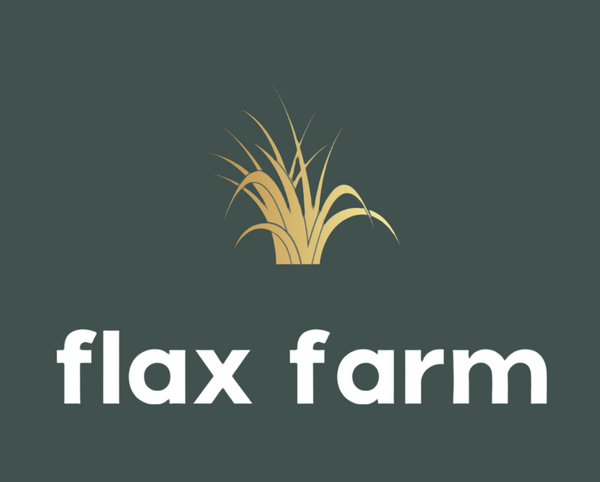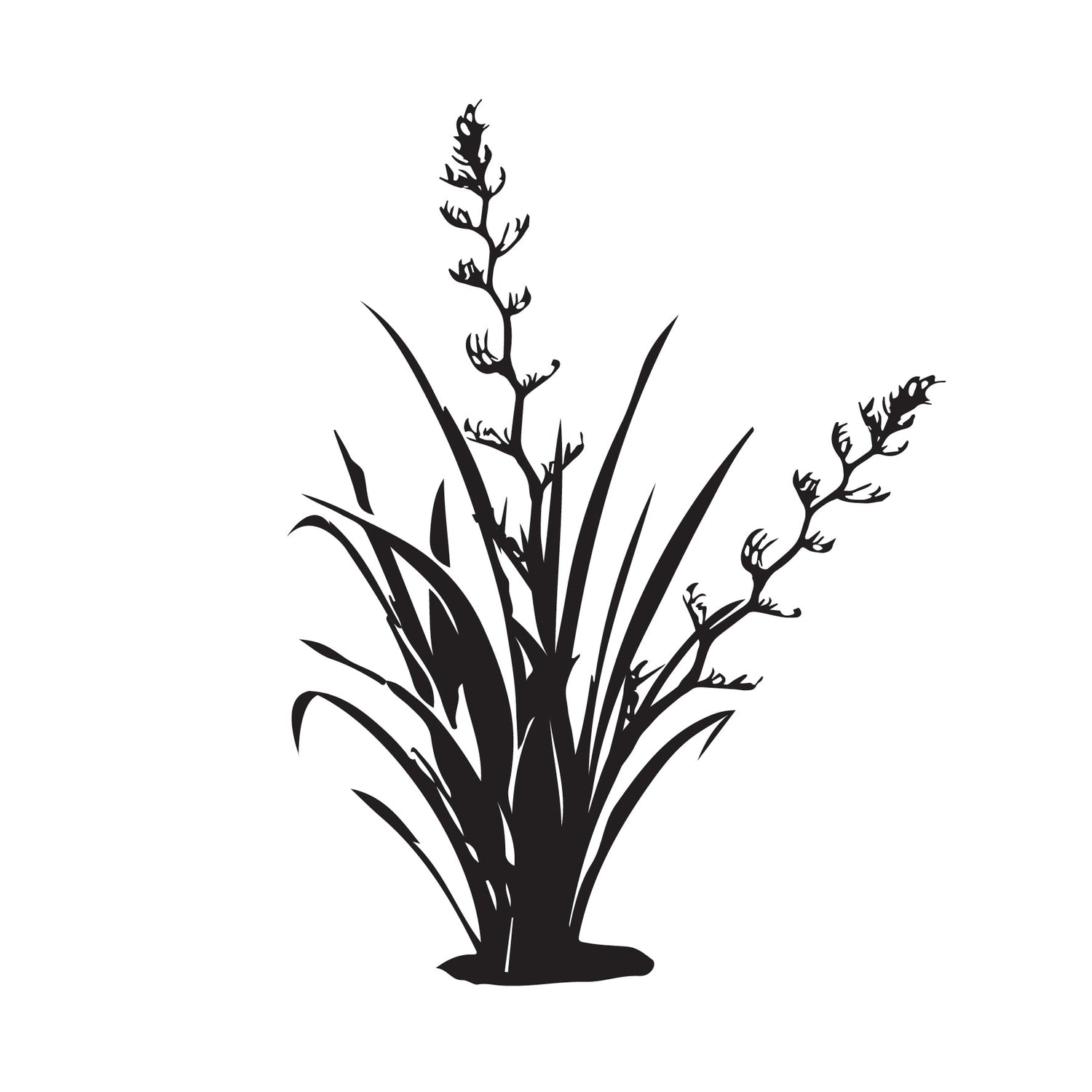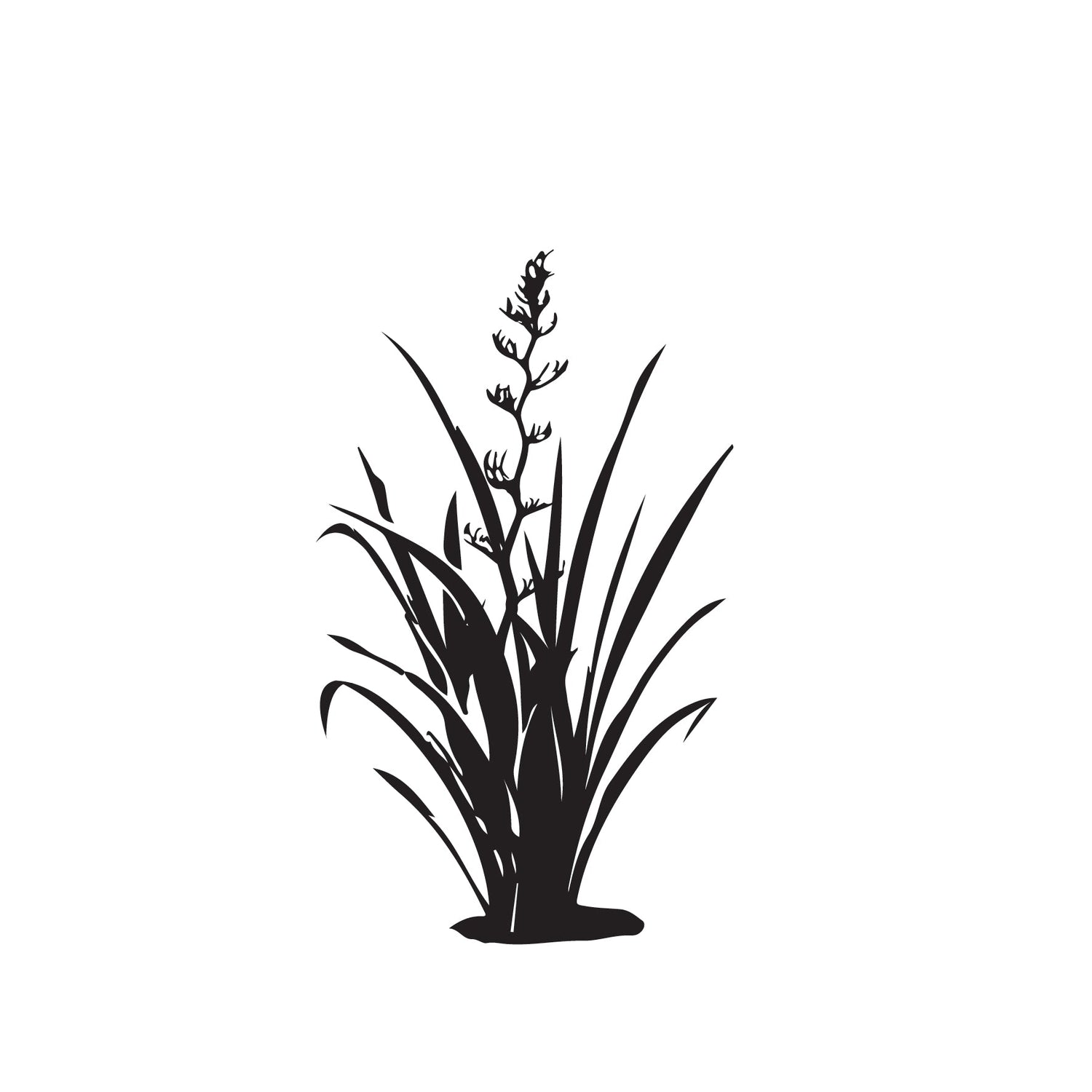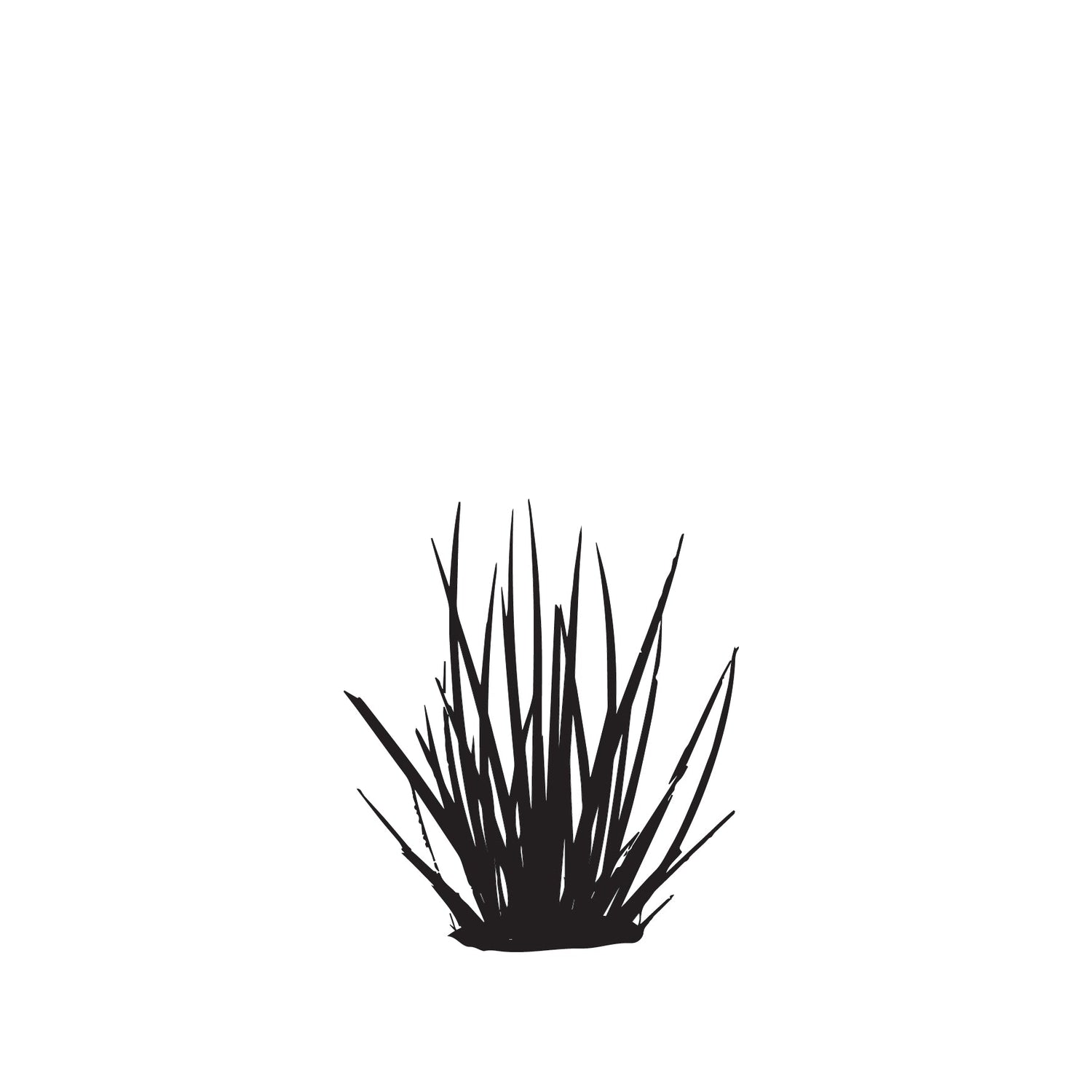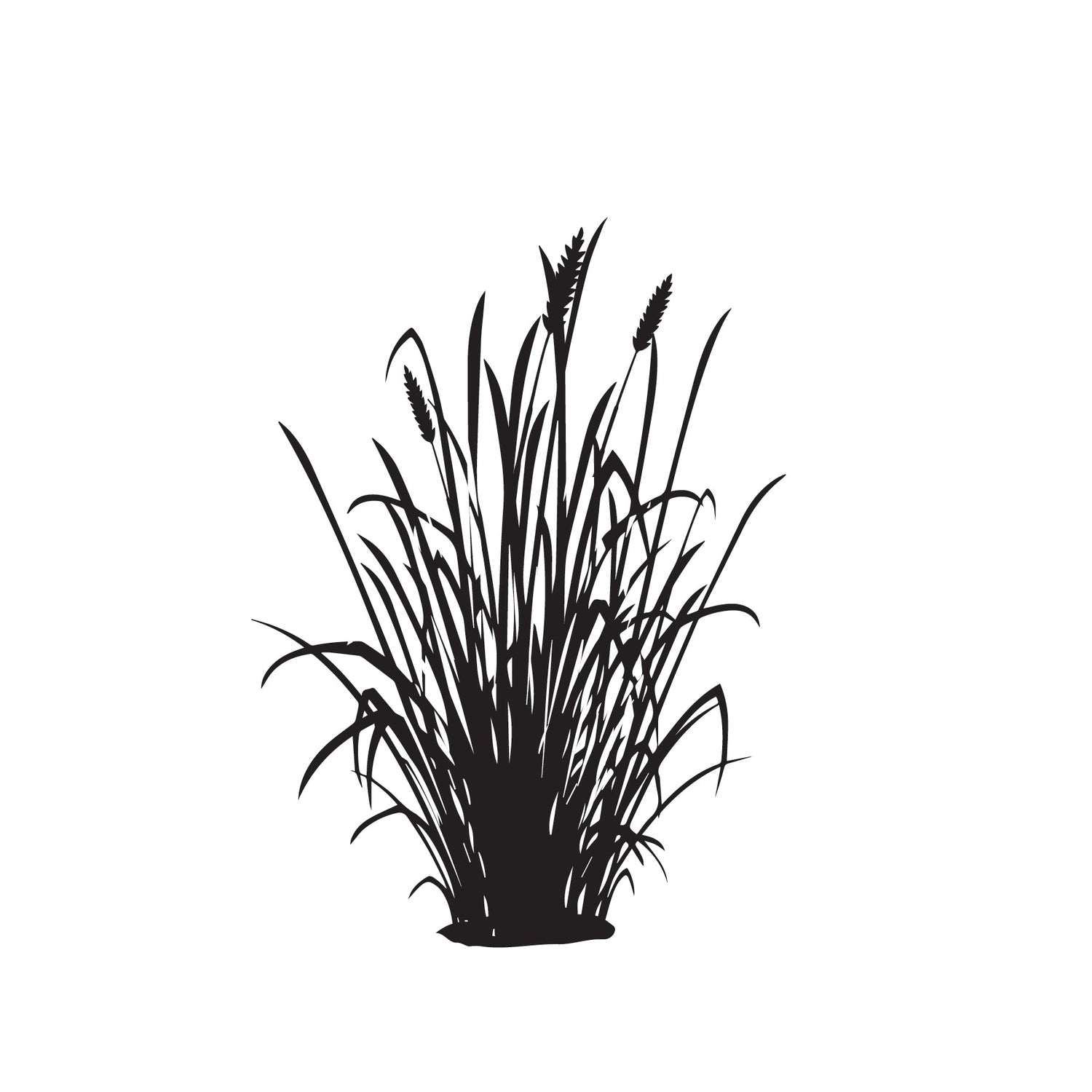Harnessing the Power of Flax: Cultivation and Its Crucial Role
Share
In the realm of sustainable living and ecological stewardship, few plants hold as much promise and importance as flax (Linum usitatissimum). From its historical significance as a textile crop to its modern applications in nutrition and industry, flax continues to play a vital role in various facets of human life. Cultivating flax effectively not only ensures a steady supply of raw materials but also contributes to environmental health and biodiversity. Let's explore the multifaceted uses of flax and why growing it well is crucial for sustainable living.
The Versatility of Flax
Flax is renowned for its versatility and wide-ranging applications:
- Textile Industry: Flax fibers are among the oldest known textile fibers, dating back thousands of years. Linen, derived from flax fibers, is valued for its strength, durability, and coolness, making it ideal for clothing, bedding, and home textiles.
- Nutrition: Flaxseed, or linseed, is rich in omega-3 fatty acids, fiber, and antioxidants. It is used in food products such as bread, cereals, and health supplements, promoting heart health, digestion, and overall well-being.
- Industrial Uses: Flaxseed oil is extracted for use in paints, varnishes, and wood finishes due to its drying properties and protective qualities. Additionally, flax fibers are used in composite materials for automotive and aerospace industries.
- Environmental Benefits: Flax cultivation requires fewer pesticides and fertilizers compared to other crops, contributing to reduced environmental impact. Flax plants also improve soil health through their deep root systems and enhance biodiversity by supporting pollinators.
Growing Flax Well: Tips for Success
- Choosing the Right Variety: Select flax varieties suited to your climate and intended use. Fiber flax varieties are cultivated for long, strong fibers, while oilseed varieties focus on seed production for nutrition and industrial uses.
- Optimal Growing Conditions: Flax thrives in well-drained, fertile soil with a pH level between 6.5 and 7.5. It prefers full sun but can tolerate partial shade. Ensure good air circulation to prevent diseases like powdery mildew.
- Planting and Maintenance: Sow flax seeds directly into the ground in early spring when the soil temperature reaches around 55-60°F (13-16°C). Keep the soil evenly moist until seedlings emerge, then reduce watering as plants establish.
- Weeding and Pest Management: Keep flax fields weed-free to minimize competition for nutrients and water. Monitor for pests such as aphids and grasshoppers, and use integrated pest management strategies to reduce chemical inputs.
- Harvesting and Processing: Harvest flax when the lower leaves begin to turn yellow and seeds rattle in their pods. Pull plants or use specialized equipment to cut and gather stalks. Retting, the process of separating fibers from stalks, involves soaking or exposure to moisture.
Importance of Growing Flax Well
- Sustainability: Flax is a sustainable crop that requires minimal inputs while providing multiple benefits. Growing flax well contributes to sustainable agriculture practices, conserves resources, and reduces environmental impact.
- Economic Benefits: Cultivating flax can provide economic opportunities for farmers and local communities through diversified income streams from fiber, seed, and value-added products.
- Health and Nutrition: Consuming flaxseed as part of a balanced diet promotes health benefits, including improved heart health, digestion, and overall well-being due to its nutrient-rich profile.
The cultivation of flax is not merely about growing a crop; it is about embracing a sustainable lifestyle and supporting a legacy of innovation and resilience. By growing flax well, we honor its historical significance, harness its versatile applications, and contribute to a healthier environment and community. Whether for textiles, nutrition, or industrial uses, flax continues to be a cornerstone of sustainable living and a testament to the importance of responsible agriculture. Embrace the journey of cultivating flax and experience the profound impact it can have on your life and the world around you.
